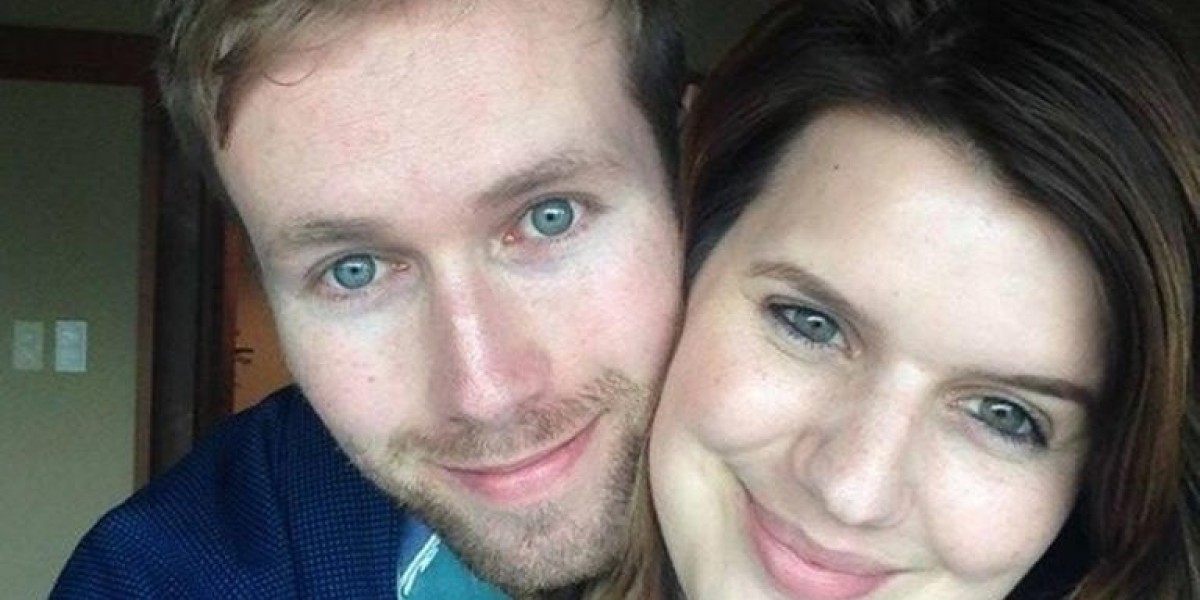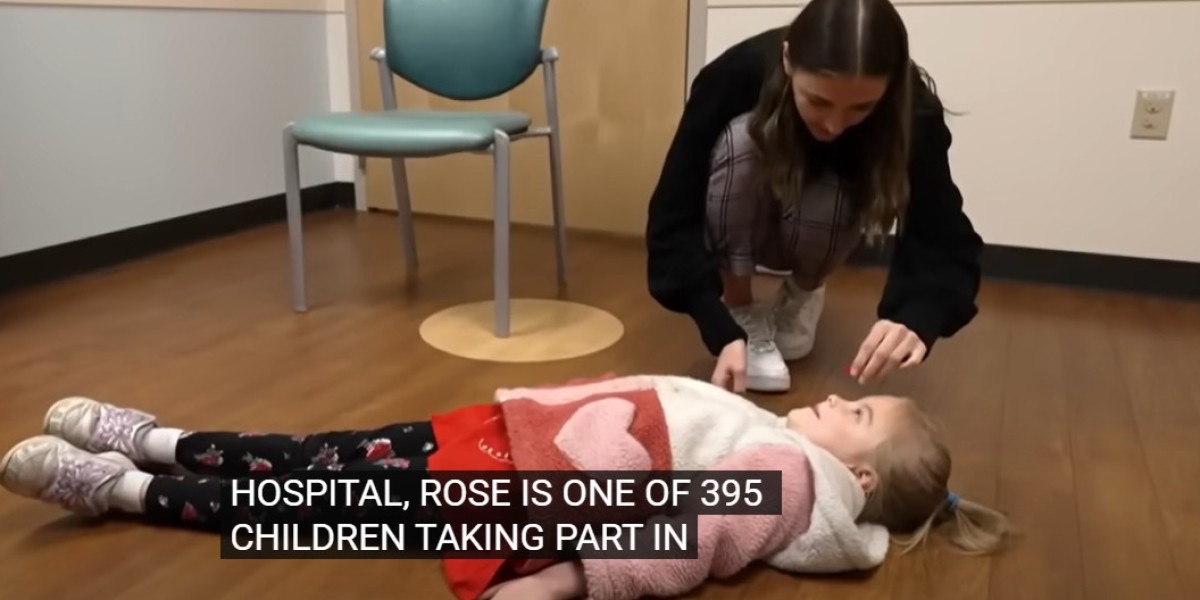An paramedic has described the "impossible decision" emergency crews were faced with over to whether to stay with a mother or her baby in a home birth that ended in tragedy.
Jennifer Cahill died in hospital after giving birth at her family home in Prestwich which she shared with her husband, Robert Cahill, and their first child. Their second child, baby Agnes, also died in hospital four days later. The pair were rushed to hospital separately following a host of complications on June 3, 2024.
Agnes was born not breathing, covered in meconium and with the umbilical cord around her neck, a midwife has told the inquest at Rochdale Coroner's Court. Agnes died from hypoxia, the coroner said. Mrs Cahill, 34, suffered a postpartum hemorrhage. Her cause of death was was multi-organ failure due to cardiac arrest, according to the pathologist who gave evidence on Friday.
A leading obstetrician said both could have survived if Mrs Cahill had reached hospital before giving birth. Malcolm Griffiths, Consultant Obstetrician and Gynaecologist at Luton and Dunstable University Hospital, gave evidence on the sixth day of the inquest into Jen and Agnes' deaths yesterday, reports the Manchester Evening News.
He told the court that if Mrs Cahill had been taken to hospital between 4.30am and 5am, before the birth, she would have received continuous monitoring, IV access and obstetric oversight. "The birth would have been in more ideal circumstances," he said. "She would not have had the cardiac arrest."
Mr Griffiths said the outcome for baby Agnes would also have been "quite different", as hospital monitoring would almost certainly have detected foetal distress due to compression of the umbilical cord. Consultant paramedic Mark Faulkner, of the London Ambulance Service, said the advanced paramedic on scene faced a "decision most of us dread to make" when choosing between staying with Mrs Cahill at her home or travelling with the critically ill newborn.
"At that stage, Agnes was the priority," he said. "It's an impossible decision - do I go with mum or do I go with baby?" He added that responsibility for Mrs Cahill's care should have been a "genuine partnership" between the ambulance service and midwives. "It is really really challenging - I do not envy that decision at all," Mr Faulkner added.
Mr Faulkner told the inquest he had no criticism of the care or transport of Agnes, describing the management and triage as "appropriate and timely". However, he criticised the lack of recorded observations of Mrs Cahill between 7.16am and 7.55am - after she gave birth - calling it a "long period of time for someone at risk of postpartum hemorrhage to have no observations."
Mrs Cahill's birth was considered high-risk due to previous complications giving birth to her first child in 2021. She had suffered postpartum haemorrhage losing 800ml of blood, requiring a transfusion. She also had an episiotomy and tear, and was also a carrier of group B strep. Her first child went on to develop sepsis after being born, recovering later. Her choice to have a home birth with her second child has been described as "out of guidance" and "against advice" by hospital trust staff.
Baby Agnes was born at around 6.44am, the coroner told the inquest. She was unresponsive and had not been revived by the midwife's resuscitation attempts, so a 999 call was made by Mr Cahill and the newborn was taken to hospital. While in the ambulance, Senior paramedic Sean Scroop previously told the court Agnes was "showing positive signs".
Meanwhile, at the house, Mrs Cahill was becoming increasingly sick after starting to bleed, and paramedics were struggling to lift her in a chair over the birthing pool to get her our of the house. Discussing what paramedic crews could have done differently, Mr Faulkner told the inquest that the advanced paramedic on scene would have ideally asked to assess Mrs Cahill herself before leaving the scene with Agnes.
"If you were looking for perfection, you'd expect the advanced paramedic to say, 'Can I have a look at mum?'," he said. However, he said he did not believe entering the property at that stage would have raised any immediate concerns. Mr Faulkner also said Mrs Cahill's high blood pressure reading of 151/129 could have been a sign of a bleed, though he said not all clinicians would necessarily recognise it as such.
He acknowledged there were "absolute challenges" in moving Mrs Cahill from the property, but said there had still been an opportunity to get her to hospital sooner in an ambulance with baby Agnes. However, Mr Faulkner said he did not believe a 10-minute improvement in timing would have changed the outcome.
The inquest continues.














